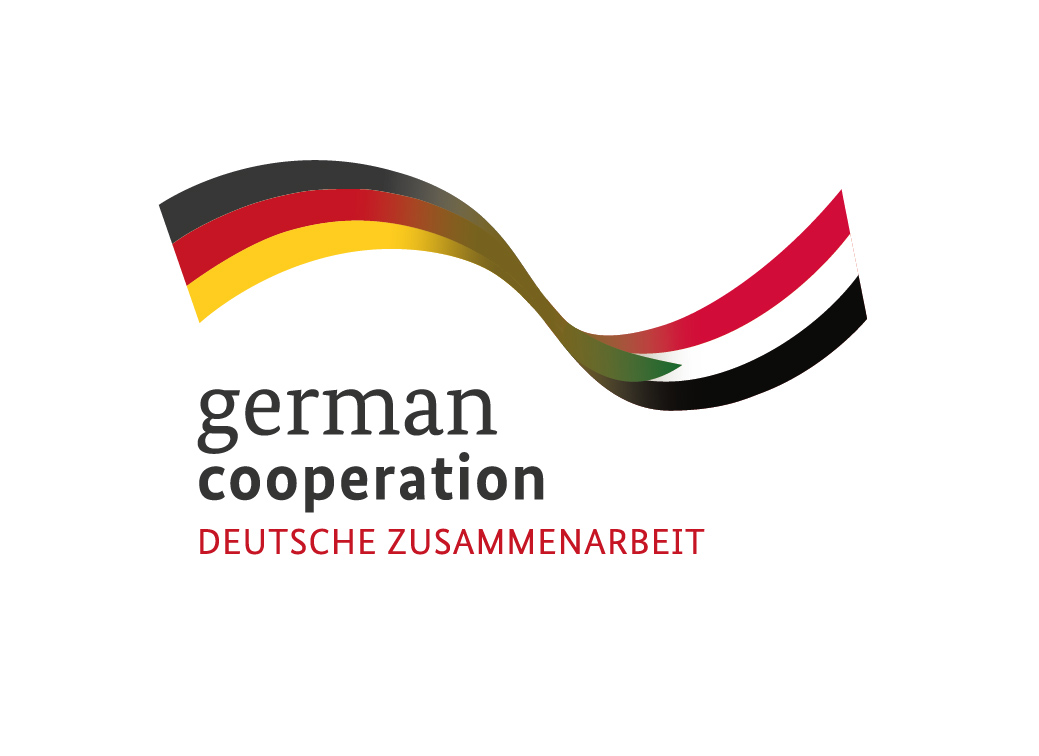
The short answer is no, although there may be one in the future. Of the continent’s four regional courts, the African Court of Justice, the African Court on Human and Peoples’ Rights (AfCHPR), the African Court of Justice and Human Rights, and the African Court of Justice and Human and Peoples’ Rights, only the AfCHPR is currently operational.
The African Court of Justice and Human Rights was created on paper in 2008 and its mandate was extended in 2014 to cover international crimes. Yet, there remain significant legal, practical and political obstacles to it becoming operational.
The AfCHPR has jurisdiction to hear cases concerning the interpretation and application of the African Charter on Human and Peoples’ Rights (African Charter), the Protocol establishing the AfCHPR, and other relevant human rights instruments ratified by concerned states. The Protocol establishing the AfCHPR was adopted on 9 June 1998, entered into force on 25 January 2004, and the court became operational in 2008.
The AfCHPR exists to protect human rights on the African continent but is not a criminal court and does not determine culpability for crimes committed by individual perpetrators. Rather, its mandate covers state obligations as defined in the African Charter and other related human rights instruments. Hence, it receives complaints about and issues decisions on state responsibility for human rights violations. The Court also has a mandate to issue advisory opinions at the request of African Union (AU) member states, the AU or any of its organs, or any African organisation recognised by the AU.
While advisory opinions of the AfCHPR are non-binding pronouncements, they may nonetheless assist requesting entities in the interpretation of human rights norms stipulated in various instruments.
When establishing the AU in 2000, member states created the African Court of Justice (ACJ) as a court to deal with inter-state matters and interpretation of the Constitutive Act of the Union. Following concerns relating to costs and efficiency, however, the AU decided to merge the functions of the ACJ and the AfCHPR (created in 1998) into one regional court to be known as the African Court of Justice and Human Rights (ACJHR). This took place in July 2008, when the AU adopted the Protocol on the Statute of the African Court of Justice and Human Rights (the Merger Protocol).
Subsequently in 2014, in response to concerns about the application of the principle of universal jurisdiction, the AU decided to vest the ACJHR with an additional mandate over international and other serious crimes. In June 2014, the AU adopted the Protocol on Amendments to the Protocol on the Statute of the African Court of Justice and Human Rights (International Crimes Protocol), thereby creating the African Court of Justice and Human and Peoples’ Rights (ACJHPR).
The respective protocols must be ratified by 15 member states for either court to be established and operationalised. As of February 2022, the Merger Protocol had been ratified by eight member states, while the International Crimes Protocol had not been ratified by any state.
If it becomes operational, the ACJHPR will consist of three sections, namely, a general affairs section, a human and peoples’ rights section, and an international criminal law section. While the general affairs section will assume the mandate of the ACJ and the human rights section will assume that of the AfCHPR, the international criminal law section will empower the court to try individual and corporate perpetrators of international crimes.
The proposed African Court of Justice and Human and Peoples’ Rights would exercise jurisdiction over an extensive list of international crimes, going beyond any other international court or hybrid criminal tribunal. In addition to genocide, crimes against humanity, war crimes and aggression, the ACJHPR would also have power to try the crime of unconstitutional change of government. Its jurisdiction further extends to piracy, terrorism, mercenarism, corruption, illicit exploitation of natural resources, money laundering, as well as the trafficking of persons, drugs and hazardous waste. The International Crimes Protocol also includes corporate criminal liability for serious crimes, a provision of particular concern on the African continent, where corporate entities have been central players in many serious crimes.
As a regional court with jurisdiction to try international crimes, the African Court could act as a bulwark against impunity for international crimes in Africa, while equally serving as a complement to domestic courts and the International Criminal Court (ICC). An African regional criminal court could help ensure that accountability is achieved closer to affected communities and in contexts where national courts lack the capacity or political support for prosecutions. An African criminal court could also help reduce the enormous caseload facing the ICC. With its broader mandate and less restricted criteria for case admissibility, the ACJHPR could complement the ICC’s work by prosecuting a wider range of perpetrators and pursuing accountability for serious crimes falling outside the purview of the Rome Statute. The ACJHPR’s focus, for example, on transnational organised crimes could encourage states and international bodies to liaise more effectively with their international counterparts on the investigation and prosecution of such crimes.
The ACJHPR’s broad mandate has the potential to make strides in extending the scope of international humanitarian and criminal law. On the other hand, the struggle that the ICC has faced in recent years in managing its comparatively narrower jurisdiction is an indication of just how complex and daunting it may prove to be when it comes to managing the ACJHPR’s much broader mandate. This is especially true, given the long list of crimes under the ACJHPR’s jurisdiction and the current lack of any prioritisation among them.
As a further concern, international courts are extremely expensive, and the AU already faces chronic funding difficulties. Without a strong show of financial and political support from AU members, the expense of running the Court could prove prohibitive.
Furthermore, the International Crimes Protocol envisages immunity for heads of state and other senior state officials, based on their function during their tenure of office (Article 46A bis), a provision that has been heavily criticised for promoting impunity. As the court has not yet become operational, it remains to be seen how this provision would work in practice and whether it would effectively give the ICC sole jurisdiction over alleged atrocities committed by senior government figures. The provision also only applies to potential ACJHPR trials, meaning that an accused perpetrator could not invoke it before another court, such as the ICC, or rely on it to render an ICC case non-admissible.
Detractors may assuage their fears to some degree by noting that the provision only applies while the official is in office and that, in principle, it should not therefore protect a person for criminal liability once his or her tenure has ended. This raises the question, however, of whether the provision would give certain government figures an incentive to hold onto power to avoid investigation and prosecution.

